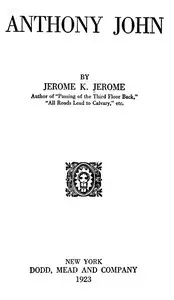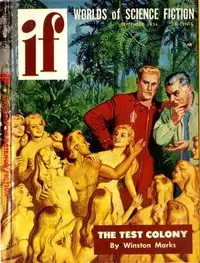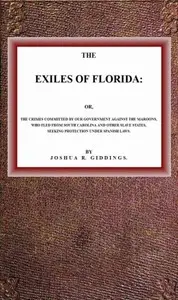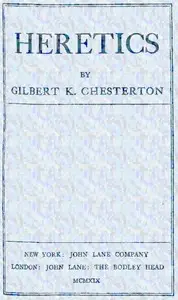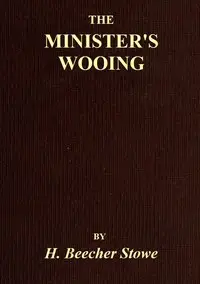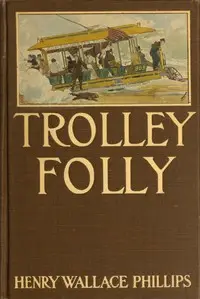"Mrs. Korner Sins Her Mercies" by Jerome K. Jerome is a comedic novel likely written in the early 20th century. The narrative revolves around Mrs. Korner, a young woman newly married to Mr. Korner, who feels embarrassed by her husband's overly mild demeanor. The book explores themes of gender roles and expectations within marriage, depicting the humorous clash between Mrs. Korner's desire for a more traditionally masculine husband and Mr. Korner's adherence to his own principles of moderation and decorum. The story unfolds with Mrs. Korner expressing her frustration over her husband’s lack of manliness during a conversation with her friend, Miss Greene. When Mr. Korner inadvertently gets drunk after meeting a cousin, he returns home in a state of disorder, which leads to a chaotic dinner where he critiques Mrs. Korner for her housekeeping skills while she, in turn, realizes her misconceptions about masculinity. The climax comes when Mr. Korner confronts the idea of masculinity and his wife's expectations, resulting in a humorous yet poignant resolution where both characters acknowledge their misunderstandings and come to terms with their differences. Through wit and spirited dialogue, Jerome K. Jerome illustrates the absurdities of societal norms during his time. (This is an automatically generated summary.)

Mrs. Korner Sins Her Mercies
By Jerome K. (Jerome Klapka) Jerome
"Mrs. Korner Sins Her Mercies" by Jerome K. Jerome is a comedic novel likely written in the early 20th century. The narrative revolves around Mrs. Kor...
Jerome Klapka Jerome was an English writer and humorist, best known for the comic travelogue Three Men in a Boat (1889). Other works include the essay collections Idle Thoughts of an Idle Fellow (1886) and Second Thoughts of an Idle Fellow; Three Men on the Bummel, a sequel to Three Men in a Boat; and several other novels. Jerome was born in Walsall, England, and, although he was able to attend grammar school, his family suffered from poverty at times, as did he as a young man trying to earn a living in various occupations. In his twenties, he was able to publish some work, and success followed. He married in 1888, and the honeymoon was spent on a boat on the River Thames; he published Three Men in a Boat soon afterwards. He continued to write fiction, non-fiction and plays over the next few decades, though never with the same level of success.

